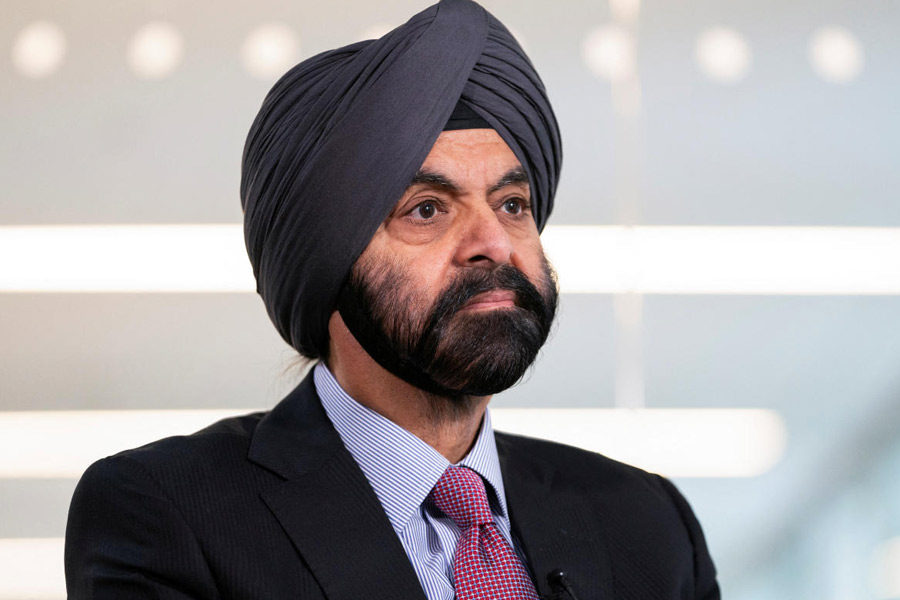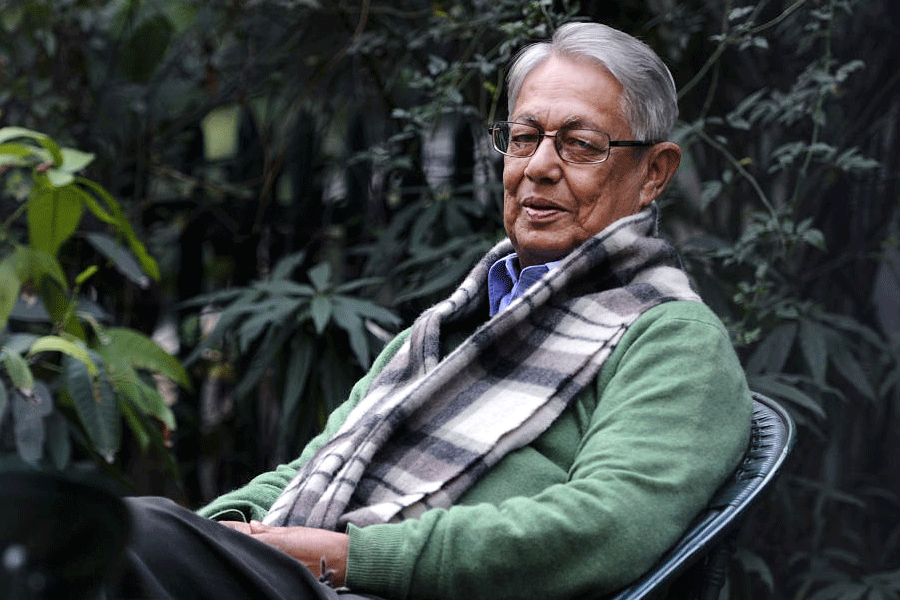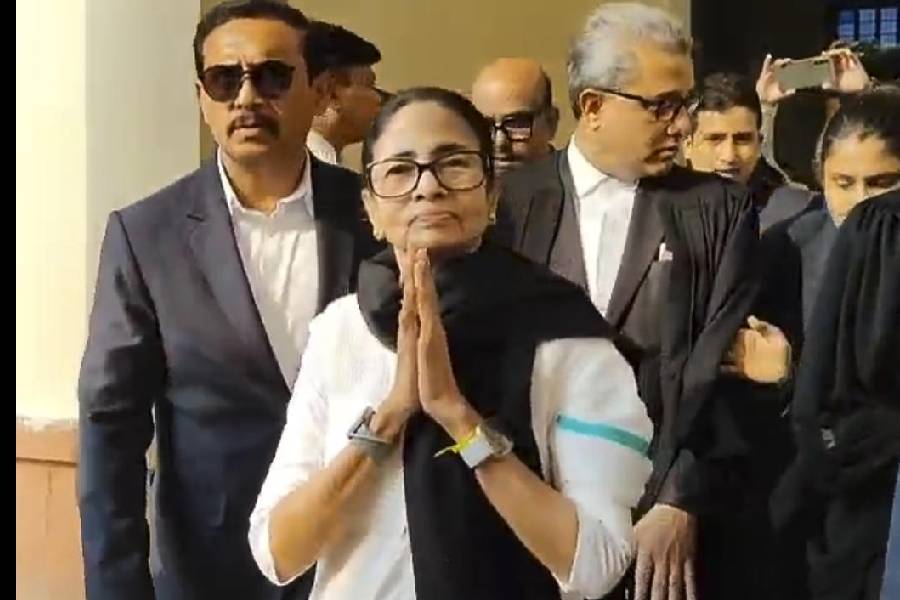The World Bank on Friday distanced itself from speculation that it would intervene to resolve decades of political and military tensions between India and Pakistan, particularly concerning the Indus Waters Treaty (IWT).
In a statement shared by the Indian government’s official X handle, @PIBIndia, World Bank President Ajay Banga made it clear that the financial institution’s role in the matter is strictly limited.
“We have no role to play beyond a facilitator,” Banga said. “There’s a lot of speculation in the media about how the World Bank will step in and fix the problem but it’s all bunk. The World Bank’s role is merely as a facilitator.”
The clarification serves as a blow to Pakistan, which had been preparing to mount international legal action over India’s suspension of the IWT.
Aqeel Malik, Pakistan’s minister of state for law and justice, had told Reuters on April 29 that Islamabad was considering at least three legal options, one of which included taking the matter to the World Bank — the treaty’s broker and facilitator.
India put the 1960 treaty in abeyance following a terrorist attack in Pahalgam, on April 22, which claimed the lives of 26 people, mostly tourists.
In response, Pakistan announced its intention to approach the World Bank to reverse what it called a “unilateral and illegal” move by India.
The Indus Waters Treaty, brokered by the World Bank in 1960 after nine years of negotiations, has long been viewed as a rare example of successful diplomacy between the two nations.
The agreement granted Pakistan rights over the waters of the Indus, Ravi, and Jhelum — providing 135 million acre-feet of water that irrigate nearly 80 per cent of its farmland.
India retained the right to use Indus, Jhelum and Chenab waters for hydropower and limited irrigation.
India’s foreign secretary Vikram Misri on Thursday defended the decision to put the treaty in abeyance, stating that it had been signed “in a spirit of goodwill and friendship” that no longer exists.
Misri also pointed to previous bailout packages extended by the International Monetary Fund (IMF) to Pakistan over the past three decades and raising concerns about their utilisation.
“The Fund’s Board should look ‘deep within’ and take into account the facts before generously bailing out the country,” Misri said.
Misri confirmed that India’s executive director at the IMF would present New Delhi’s position at the IMF Board meeting scheduled for Friday.
“Tomorrow there is a meeting of the Board of the IMF, and I am sure that our Executive Director will put forward India’s position. The decisions of the Board are a different matter… But I think the case with regard to Pakistan should be self-evident to those people who generously open their pockets to bail out this country,” he said on Thursday.
The Dawn reported that the IMF was expected to approve the disbursement of about $1 billion to Pakistan under the ongoing Extended Fund Facility, along with an additional arrangement of $1.3 billion under the Resilience and Sustainability Facility (RSF).
The IMF's meeting with Pakistan is scheduled for later today
Ajay Banga, who is visiting India to explore investment opportunities in Uttar Pradesh — a BJP stronghold scheduled to hold Assembly elections in 2027 — met Prime Minister Narendra Modi in Delhi on Thursday.











